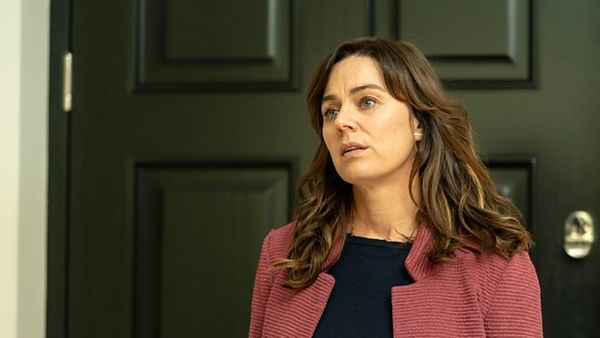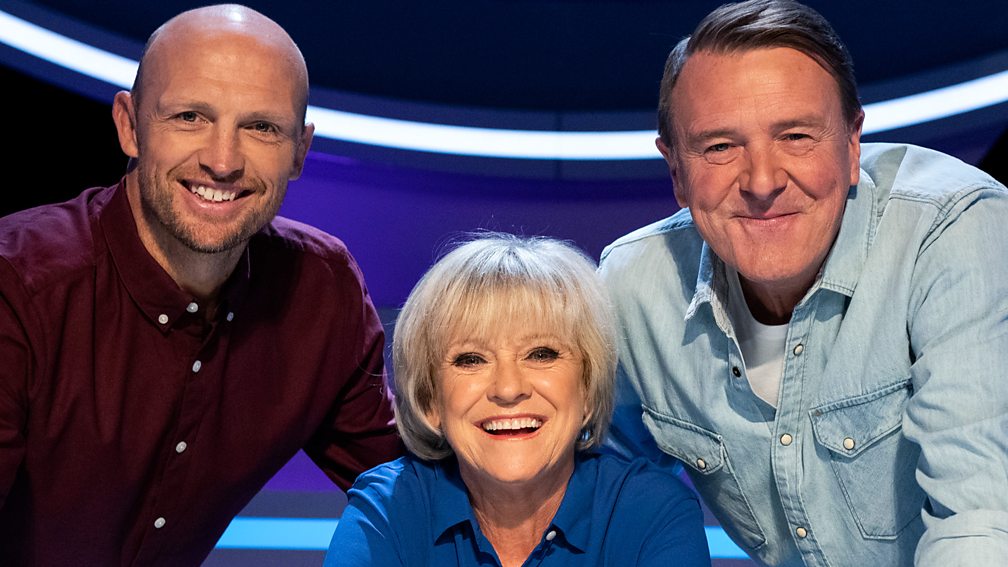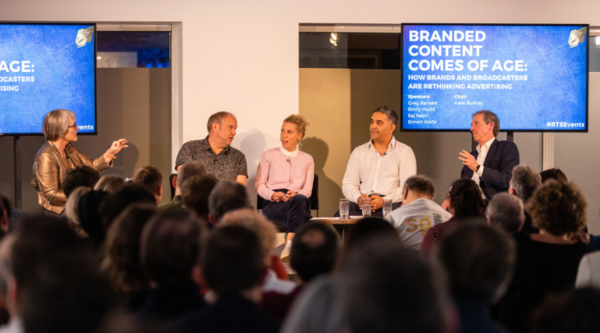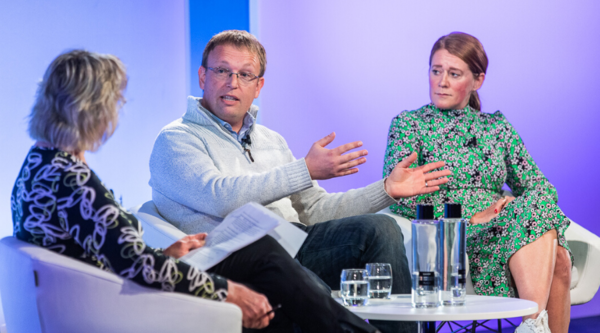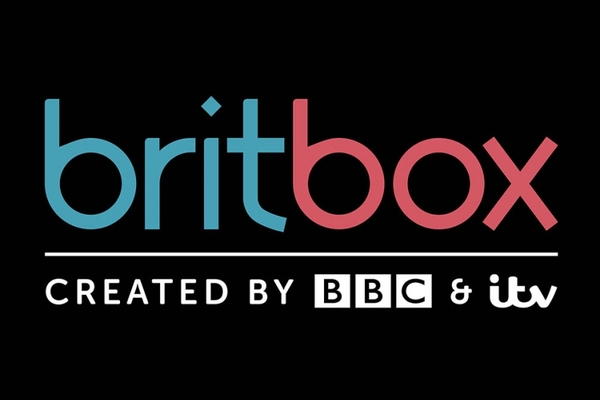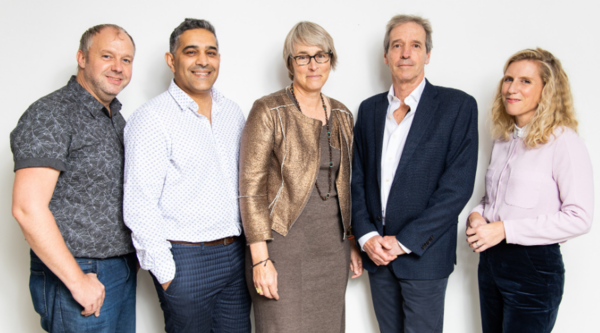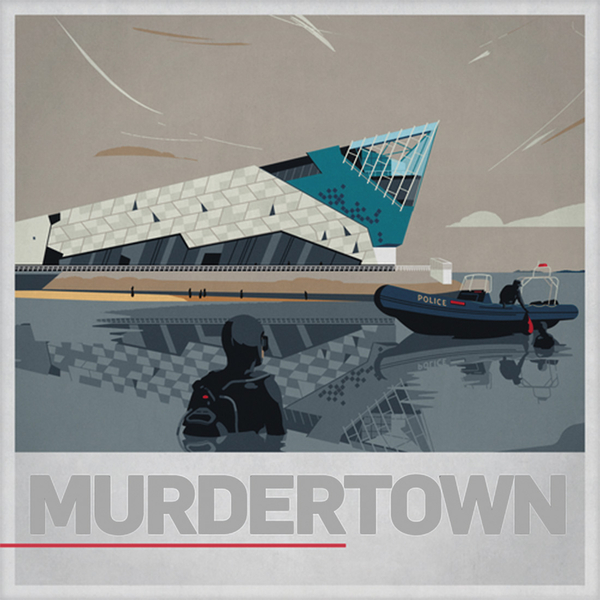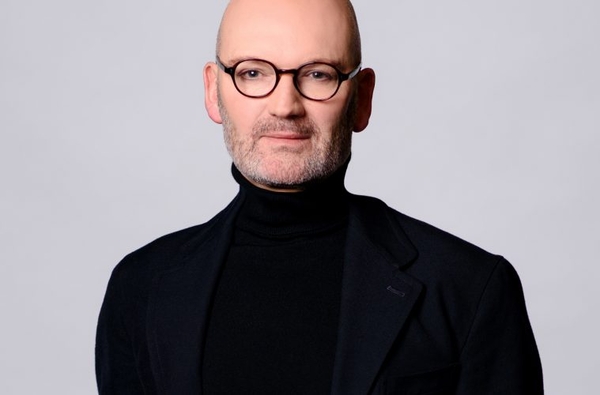Channel 5 announces new thriller The Drowning
The series stars Jill Halfpenny (Liar) as Jodie, a mother still recovering from the loss of her son who went missing eight years ago.
When she encounters Daniel (Cody Molko), she is convinced he is her son. But her fixation threatens to collapse the life she’s painstakingly rebuilt, as it leads her down a dangerous and morally dubious path.
In Jodie’s way stands Daniel’s impassive and protective father, Mark (Rupert-Penry-Jones).

